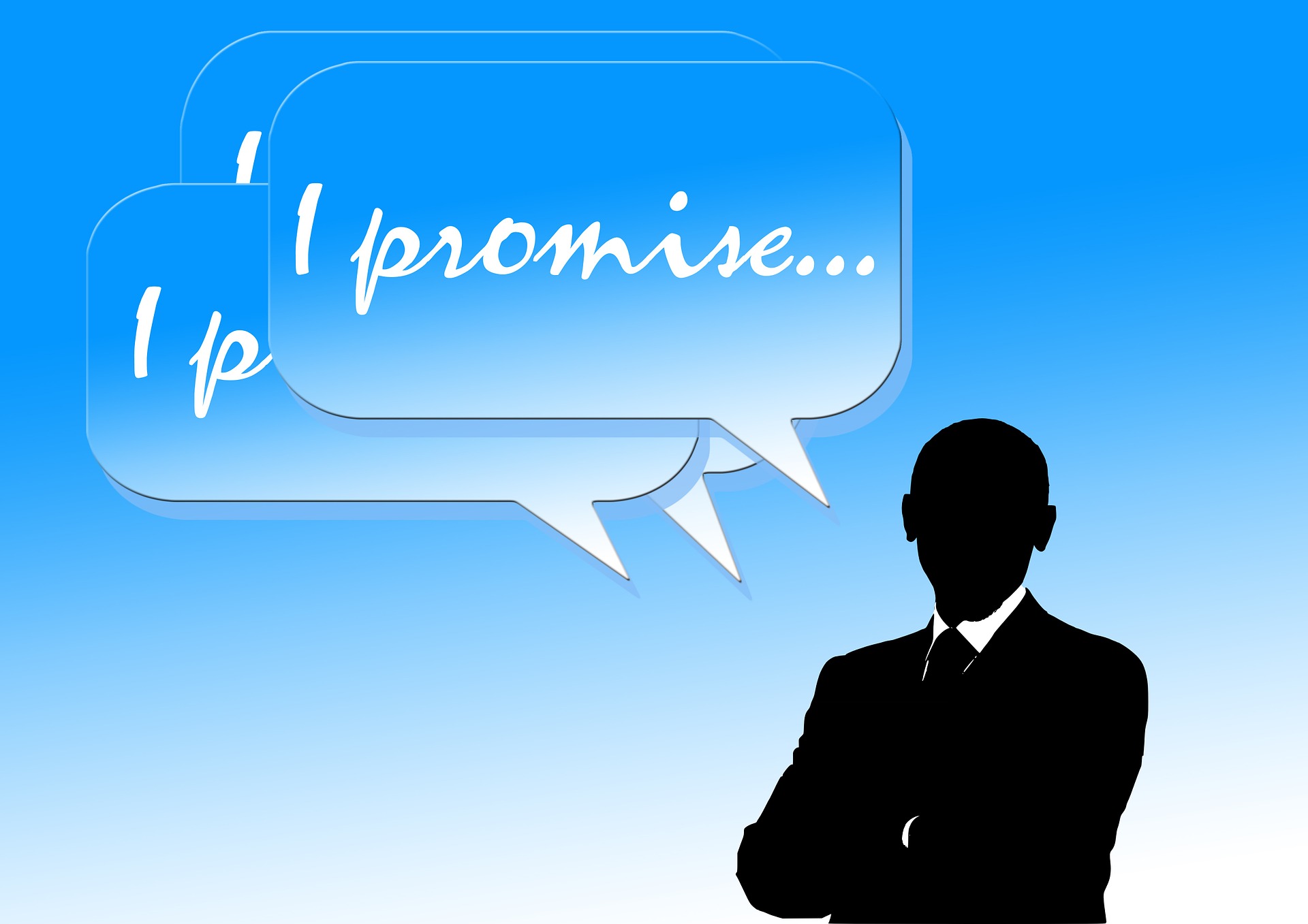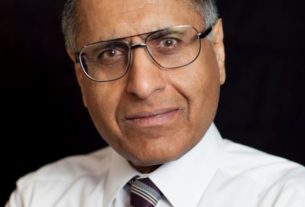Public perceptions of MPs and Westminster have never been so negative. Today fewer people are turning out to vote than ever before. But what is it about the way politics is conducted in Britain today that has put so many off?
Could it be a result of the archaic traditions, shown most prominently at the state opening of parliament, the pompous dress, and the use out-dated language of “my right honourable friend” in the chamber?
Surprisingly, this disillusion between public and parliament is nothing new and trust in politicians has changed very little over the past 30 years, remaining painfully low. In a poll conducted by Ipsos-Mori, 75% said they did not trust politicians to tell the truth in 1983. By 2011 this figure had shifted only slightly and now sits at 80%.
Moreover, there is a preconception that politics is a place for those most elite in our society, only 7% of the U.K. have attended private school, and yet 29% of politicians in Parliament in 2017 were privately educated. Politics has changed but the level of trust within it has not.
A lot of this can be argued as a result of the media’s influence and presence in Parliament, as it has created an ever-increasing dependency on the public and the press for information about politics and parliamentarians. Which naturally comes with positives, but also huge negatives.
There is an ever increasing debate about the media’s power in parliament, some believe that the mass media facilitate democracy as they’re a widely used platform for political information, expressing a variety of views.
However, others argue the media plays a more negative role and there is a rising concern today that the media is anti-democratic, newspapers and press outlets hold huge hegemonic power and abilities to manipulate opinion. A bad article or photo can shape elections, I think we all remember the 2015 election’s most memorable image of Ed Miliband enjoying a bacon sandwich.
With their powers, newspapers have in the past shaped public opinion that has led the public to the distaste and mistrust in politicians felt today. John Major’s premiership was heavily damaged through the press, so much so that in 1993 he launched the “Back To Basics” campaign because his party was rife with sleaze and scandal. Preaching family values but conducting yourself in the complete opposite way reinforced the idea that politicians were hypocrites and evermore untrustworthy.
Perhaps the biggest factor turning millions away from politics is that voting rarely accounts to anything. This idea has been hugely reinforced from the Brexit vote not being implemented as promised. From both sides, there is an increasing disconnect between public and politician and all sides argue that their voices aren’t being heard.
Today we are no stranger to political sleaze. Yet, with all the work politicians do to appeal to the public, there is still far more to do before we will trust them. One reason for this distrust is the 2009 Expenses Scandal. In a year that should have been dominated by the poor economy, MPs misuse of expenses took centre stage and left long lasting implications for parliament.
Noted as one of the biggest and important stories to have come out of Parliament since the Second World War, the expenses scandal also became one of the largest factors as to why the public does not trust politicians. In a series of stories published by the Daily Telegraph, the public was made aware of parliamentarians misuse of their expenses. This scandal created a reinforced perception that parliamentarians cannot be trusted and seek to misuse their power in office for personal gain.
This misuse of public money caused outrage, furthermore, the previous autumn before the scandal broke several large banks had come close to collapse. They required hearty bailouts, which were all approved by ministers who had failed to regulate the reckless banks properly in the boom years, yet again MPs were seen to be selfish and using their position to cheat the system.
Not only was the UK about to head into one of the deepest recessions in decades, but their MPs also appeared to be fiddling the funds to pay for mundane items. It would seem that a short-lived scandal almost a decade ago has shaped an even longer, negative perception of parliament that will definitely still remain for a very long time to come.
Sleaze and scandald means we cannot trust our representatives – and, negative press means we do not like our politicians. If MPs are to ever gain a public image that reflects how hard they work and the positive change they create, they will have to work very, very hard to overcome current mainstream thought.
_____________________________________________________________________________
Ellie Varley is a freelance writer and a graduate of politics having just completed her final year at university.




